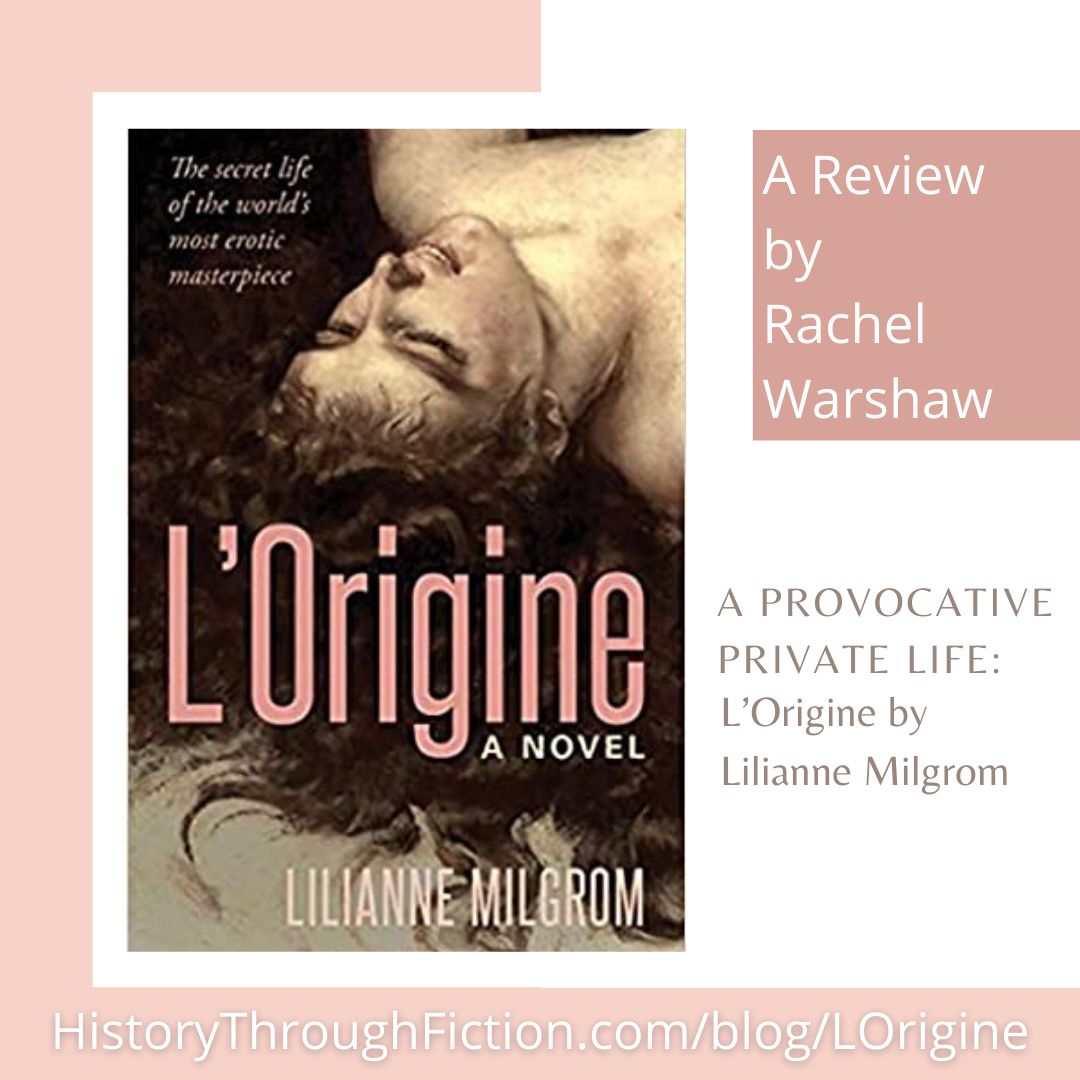
Blog


Joys and Woes of Tuning Pianos
There are machines to help tuners. But many forgo them, arguing that music is perceived, not measured. Moreover, a machine comes with an “ideal” tuning. Problem is, no piano is ideal: Each one has its own personality and quirks.


Interview with Lilianne Milgrom
Learning history teaches us about who we are (and who we aren’t). It removes us from our own time to show us the mistakes of the past—the triumphes, too—lest we repeat them.

Making History into Fiction – The 1848 French Revolutions
Like any good historical novel, author Nancy Burkhalter embraces the context in which her characters live. As Delhomme sinks deeper and deeper into his own personal dilemma, he finds himself gripped inextricably within the social upheaval of mid-nineteenth century France.

François Vidocq—Opportunist, Cross-Dresser, Detective, and Spy
The more I read about this man, the more I appreciated his malleable morals, sizable ego, and skilled skullduggery. Most important was my need for a character to compromise the destitute piano tuner’s own principles into doing the king’s bidding. Zing! Vidocq was the man for the job.

The Author’s Note - An Important Contract Between Writer and Reader
At History Through Fiction, we believe that one of the most important elements of any historical novel is the Author’s Note. This letter from the author to the reader establishes a relationship of trust and accountability—the author says, I will give a story if you will give me your attention.


A Provocative Private Life: L’Origine by Lilianne Milgrom
The fate of the painting is followed through the centuries, as it is almost lost, and then found, and then made notorious. How marvelous to be able to get a fictional snapshot into the life of a painting, from conception to legacy.

Whatever George Wants, George Gets . . . And Now She Has Her Own Voice
So, I had learned a valuable lesson: Remain neutral toward all characters, no matter their foibles or allure. Otherwise, you lose perspective on their usefulness to the story and, worse, it may keep you from putting them in compromising or even dangerous situations. The end result could easily become wimpy characters and insipid plots. No reader wants that.

Blending fact and fiction: The value and risks of disrupting the fictional dream.
Including nonfiction elements within historical fiction does not detract from the story—it enhances it. It provides an outlet for curiosity and gives deeper meaning to the characters and their experiences.








Love, War, and the Dramatic: How and Why to Avoid Sentimentality in Writing
Something is sentimental when it exaggerates a feeling and becomes falsely emotional or inauthentic. This often happens when a writer relies on an assumed emotional response from a reader by, for instance, describing a marriage as happy or a funeral as sad. Not all marriages are happy and not all funerals are sad, and each will be viewed differently from different perspectives.

